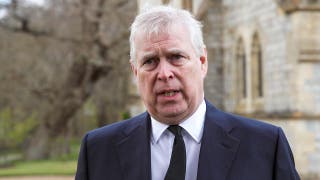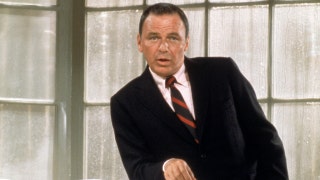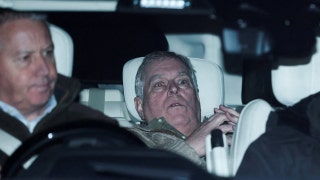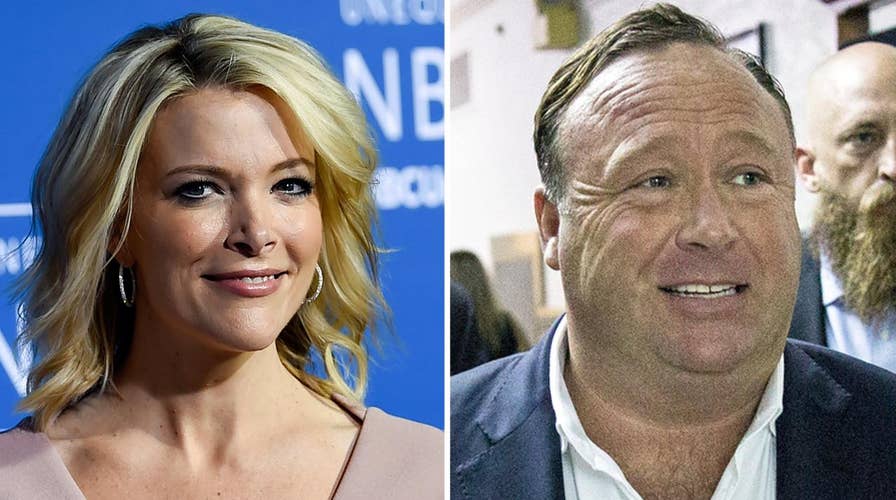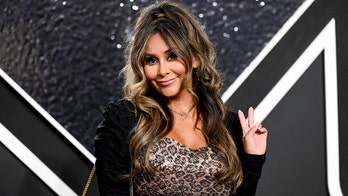Megyn Kelly criticized for upcoming Alex Jones interview
Report: JP Morgan pulls advertising; reaction from Howie Kurtz, Fox News media analyst and host of 'MediaBuzz'
Megyn Kelly suddenly finds herself at the center of a media uproar over one of her first interviews at NBC.
Her sitdown with Alex Jones—radio host, conspiracy theorist and longtime lightning rod—has sparked intense criticism even before it airs on her new magazine show this Sunday.
The controversy has already prompted one major advertiser, JP Morgan, to pull its commercials from NBC to avoid being associated with any promotion for the show.
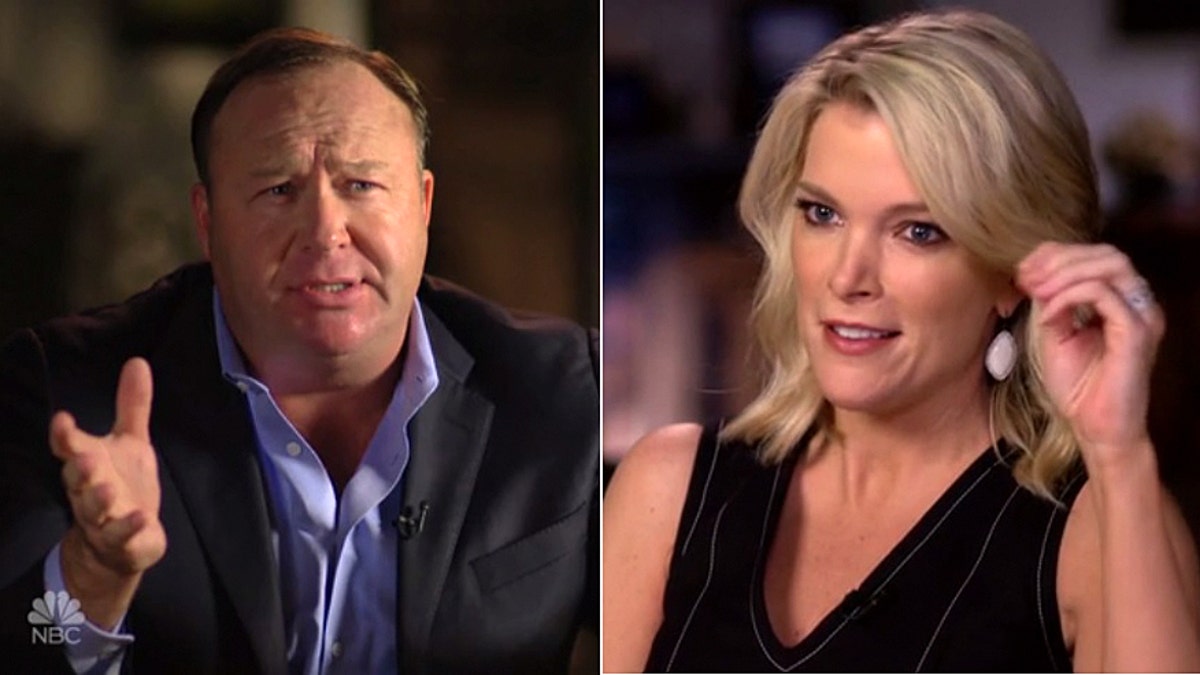
This reflects a collision between the journalistic imperative to talk to people in the news, no matter how disreputable, and the raw emotion of those who feel brutalized by such a person. As pressure builds on NBC to pull the “Sunday Night” interview, even Jones is insisting it shouldn’t run.
Kelly says the outrageous nature of some of Jones' claims is the reason she believes it was important to conduct the interview.
Jones, whose site is called Infowars, has embraced a number of conspiracy theories without a shred of evidence, such as calling the 9/11 attacks an “inside job.” But none has proved as hurtful as his contention that the murder of 20 students and six adults at Connecticut’s Sandy Hook elementary school was a hoax. He literally accused the parents mourning the death of their children of being actors.
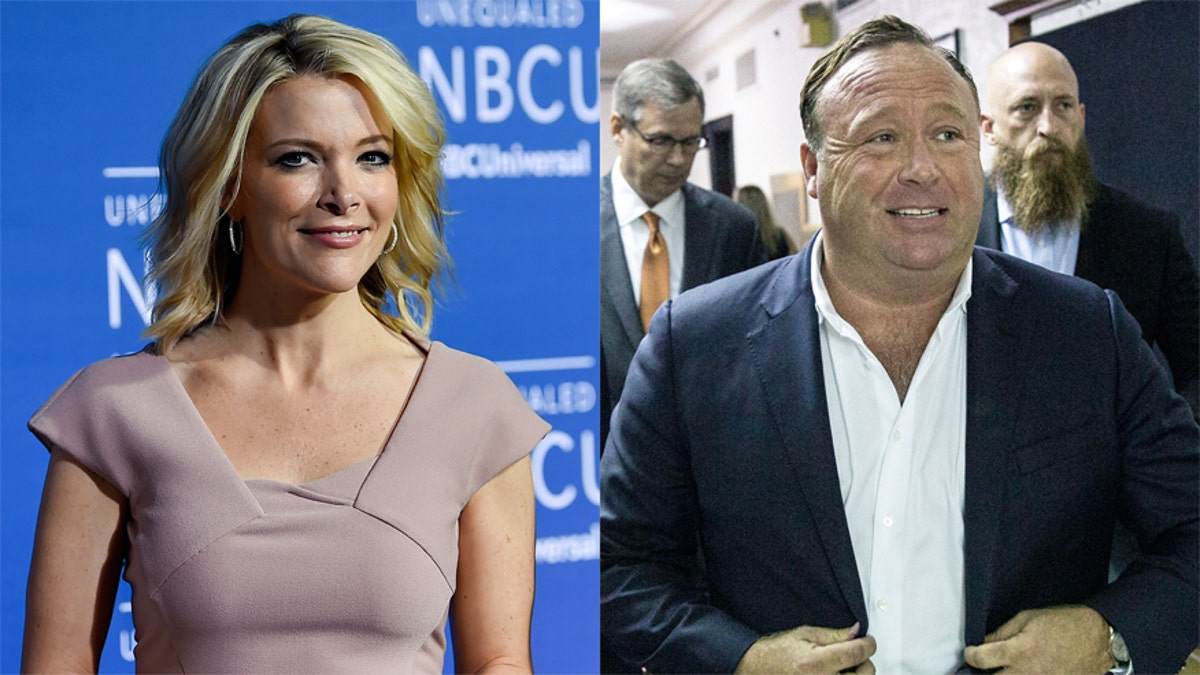
The family of Vicki Soto, a teacher killed in the attack, told Kelly in a Facebook posting that it was “greatly disappointed” in her decision to interview Jones: “Alex and his followers have done nothing but make our lives a living hell for the last 4-1/2 years.”
One of those grieving parents, Nelba Marquez-Greene, called the interview an “egregious offense” to the relatives of those killed in the 2012 massacre. She told the Washington Post that “to give Alex Jones a platform on Father’s Day is especially cruel to me.” The Sandy Hook Promise Foundation, a nonprofit group opposed to gun violence, has dropped Kelly as host of an annual gala being held tomorrow in Washington.
Kelly, the former Fox News prime-time host who joined NBC this year, responded in a statement provided by the network:
“I find Alex Jones's suggestion that Sandy Hook was ‘a hoax’ as personally revolting as every other rational person does. It left me, and many other Americans, asking the very question that prompted this interview: how does Jones, who traffics in these outrageous conspiracy theories, have the respect of the president of the United States and a growing audience of millions?
“President Trump, by praising and citing him, appearing on his show, and giving him White House press credentials, has helped elevate Jones, to the alarm of many. Our goal in sitting down with him was to shine a light - as journalists are supposed to do - on this influential figure, and yes - to discuss the considerable falsehoods he has promoted with near impunity.”
Kelly added that she was “disappointed” to be dropped from the gala but that “I understand and respect the decision of the event organizers.”
Dan Abrams, ABC’s chief legal analyst, defended the Kelly interview today on “Good Morning America,” saying “I’ve interviewed murderers before, so has every major network. And we don’t get this kind of backlash.”
He added that: “What Alex Jones says is often reprehensible. Sometimes it’s crazy. He’s also incredibly influential…The notion that the answer to that is to ignore him is absurd.”
In a preview clip, Jones offered an ambiguous response when Kelly asked him about the Newtown massacre.
“Well, Sandy Hook’s complex because I have had debates where, we devil’s advocates have said the whole story is true, and then I have had debates where I have said, that none of it is true,” he said.
Kelly responded: “When you say parents faked their children’s death, people get very angry.”
“Well I know, but they don’t get angry about the half million dead Iraqis from the sanctions, or they don’t get angry about…” Kelly interrupted to call that “a dodge.”
Jones said he had “looked at all the angles of Newtown, and I made my statements long before the media even picked up on it.”
In a strange rant last week after the interview, which was done at his Austin studio, Jones said Kelly is “not feminine” but is “cold, robotic, dead.” He now writes that NBC should cancel the segment because it is a “rigged” report that misrepresents his views. “They’re scared of what we’re doing,” he said.
Twice in recent months, Jones has retracted unfounded conspiracy theories. In March, he apologized to the owner of a Washington pizzeria for saying that Hillary Clinton and her former campaign manager were using it as a child sex trafficking ring.
Last month, Jones apologized to Chobani for accusing the yogurt company of supporting migrant rapists who spread disease at its Idaho headquarters.
The decision by JP Morgan to pull its advertising, first reported by the Wall Street Journal, was followed by this explanation from Kristin Lemkau, the bank’s chief marketing officer.
“As an advertiser,” she tweeted, “I'm repulsed that @megynkelly would give a second of airtime to someone who says Sandy Hook and Aurora are hoaxes. Why?”
Chelsea Clinton, a former part-time correspondent for NBC, added her voice on Twitter: “I hope no parent, no person watches this.”
The pain of the Sandy Hook families is both understandable and heartbreaking. To them, a man who denies the biggest tragedy of their lives, who essentially calls them liars, should not be given a platform by a major network.
At the same time, journalists have always interviewed criminals and outcasts—from Saddam Hussein to Bashar al-Assad, from Charles Manson to O.J. Simpson, from racists to child molesters—as a way of telling a larger story. The key is whether these infamous characters are aggressively confronted or passively given ink and airtime.
Until Megyn Kelly’s interview with Alex Jones hits the airwaves, it will be impossible to fully answer that question.








